Hybrid Racing
Hybrid Racing Low Temp Thermostat (K20A/A2/A3/Z1 & K24A1)
Hybrid Racing Low Temp Thermostat (K20A/A2/A3/Z1 & K24A1)
In stock
Regular price
$104.49 USD
Regular price
$0.00 USD
Sale price
$104.49 USD
Unit price
per
Shipping calculated at checkout.
Couldn't load pickup availability
Product Description
We know the advantages of using a low-temperature thermostat in high-performance or race environments are evident. Opening the thermostat's valve at a lower temperature allows coolant to flow more freely during low-load sections of the racetrack. This enables the radiator to effectively regulate the engine's temperature within the optimal range during high-load sections. If a cooling system is pushed to its limits at the racetrack and overheating becomes an issue, a low-temperature thermostat can often resolve this problem. It achieves this by allowing the radiator to perform more cooling at lower engine loads, thereby preventing or delaying overheating during high-engine loads.This part is made specifically for the Honda / Acura K-Series engines. K20A/A2/A3/Z1 & K24A1
Low-temperature thermostats offer several advantages and are useful in various situations. Here are some key reasons why they are beneficial:
Enhanced Engine Cooling: Low-temperature thermostats allow coolant to flow more freely at lower temperatures, improving the cooling efficiency of the engine. By opening the thermostat's valve at a lower temperature, they help maintain the engine within the optimal temperature range during high-load conditions. This can prevent overheating and ensure consistent performance, especially in demanding situations like racing or high-performance driving.
Prevention of Temperature Hunting: Low-quality thermostats can cause temperature hunting, characterized by erratic fluctuations in coolant temperature. In contrast, low-temperature thermostats are designed to prevent hunting by controlling the flow of coolant more effectively. This stability in temperature helps avoid issues such as cracked cylinder heads and reduces strain on the cooling system.
Improved Durability: High-quality, low-temperature thermostats, like those offered by Nippon Thermostat Co. Ltd in the provided context, undergo extensive durability testing. This testing includes heating and cooling cycles, vibration testing, and real-world testing in both road and race cars. As a result, these thermostats are built to withstand demanding conditions and have superior durability, reducing the risk of failure and ensuring long-lasting performance.
Customizable Cooling Systems: Low-temp thermostats offer the flexibility to fine-tune the engine's cooling system. They allow for better control over coolant flow and temperature regulation, enabling enthusiasts and engineers to optimize cooling performance according to specific needs and preferences. This customization can be particularly valuable in racing, where precise cooling management is critical for maintaining optimal engine performance.
Overall, low-temperature thermostats provide improved engine cooling, prevent temperature hunting, offer durability, and allow for customizable cooling systems. These advantages make them a valuable component, especially in high-performance applications where maintaining optimal temperatures is crucial for engine performance and longevity.
Our HYPERCOOL thermostats are produced by an OEM supplier that has been in existence since 1954; Their thermostats are used in over 50% of cars manufactured in Japan and are widely utilized in motorsports events such as Le Mans and WRC. The durability of thermostats is crucial, especially considering the potential consequences of a malfunctioning thermostat and subsequent engine overheating. To ensure durability, we conduct rigorous testing on their low-temperature thermostats, including various cycles of heating and cooling, vibration testing, engine bench testing, as well as real-world testing in both road cars and race cars.
Prop 65 Warning - Product may cause cancer or reproductive harm.
View full details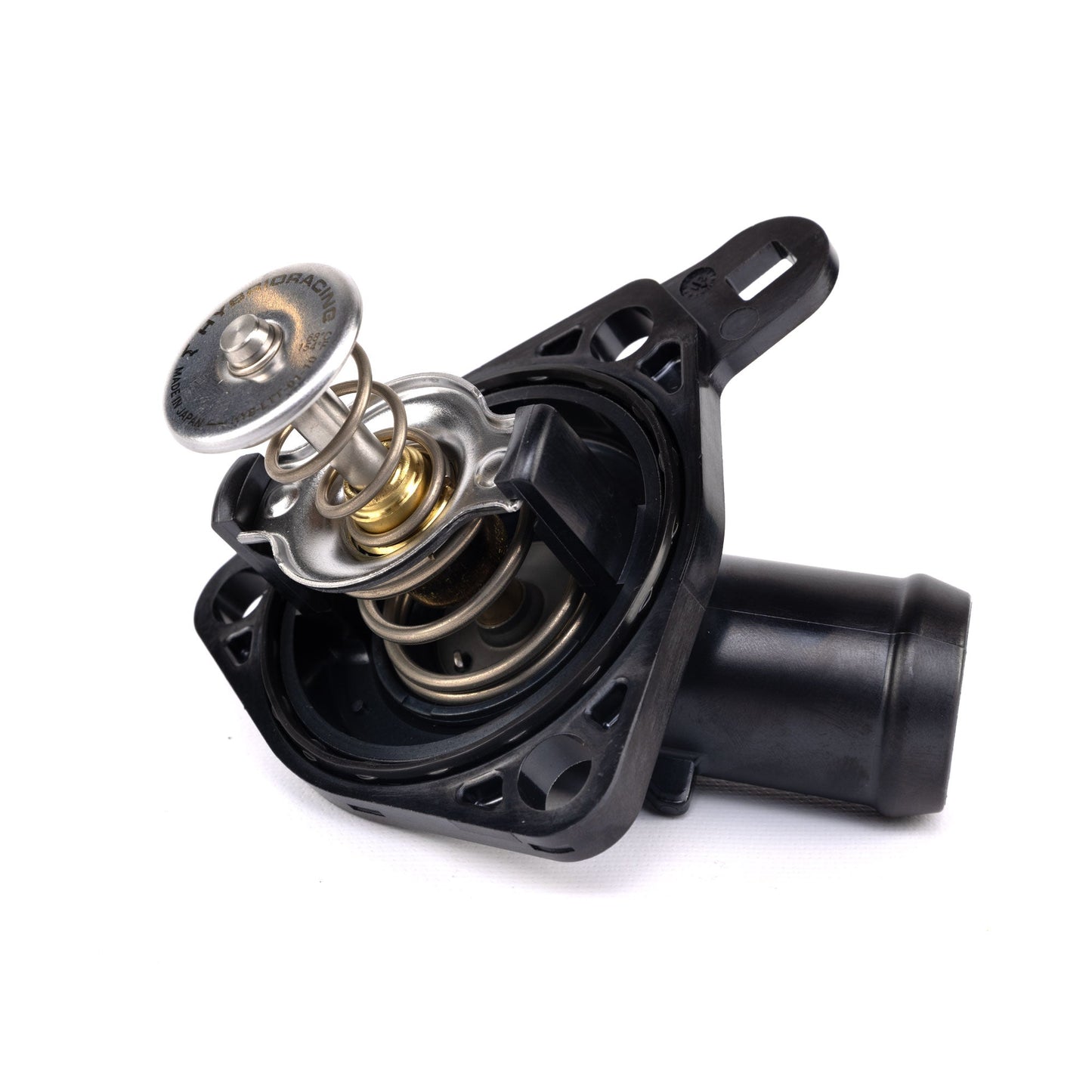
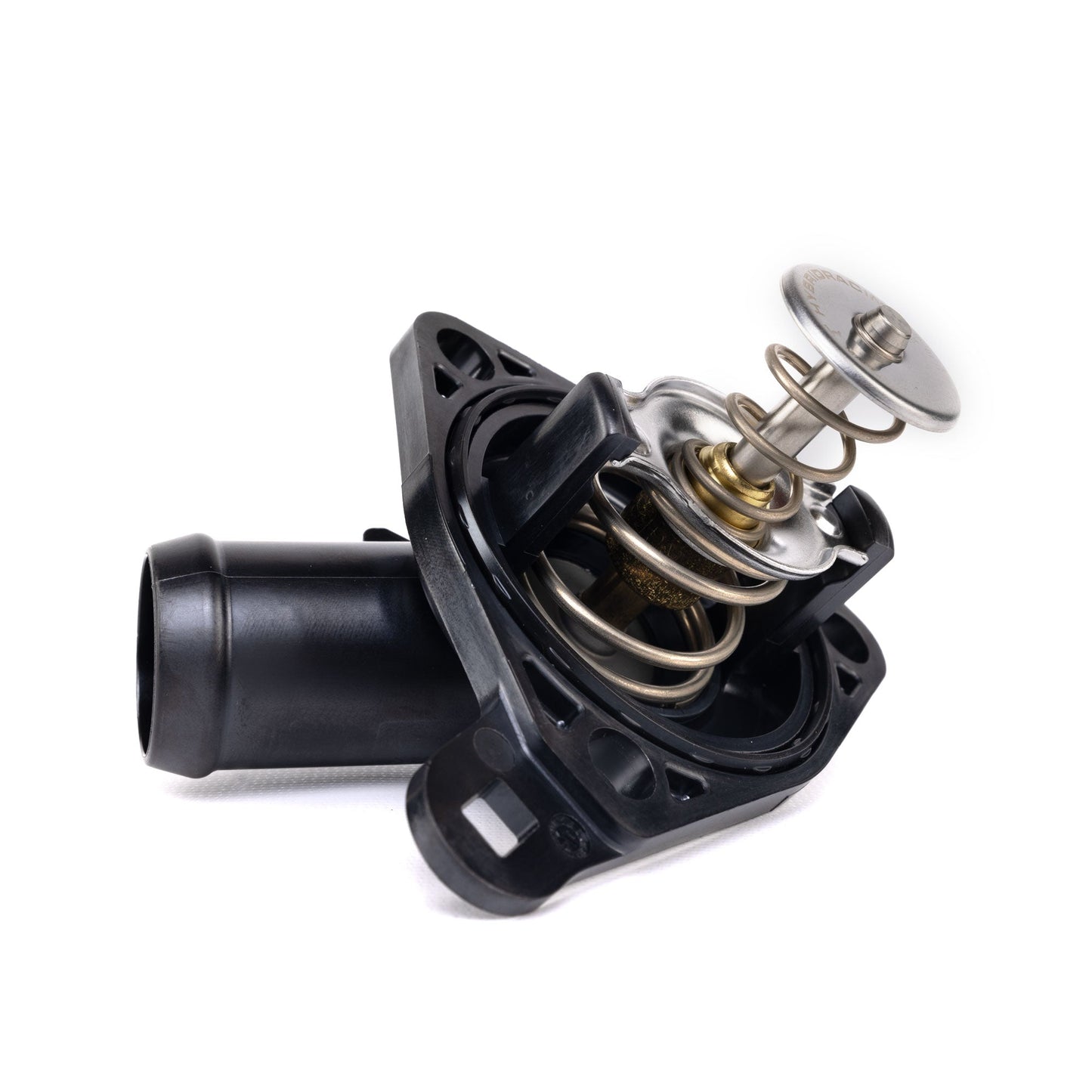
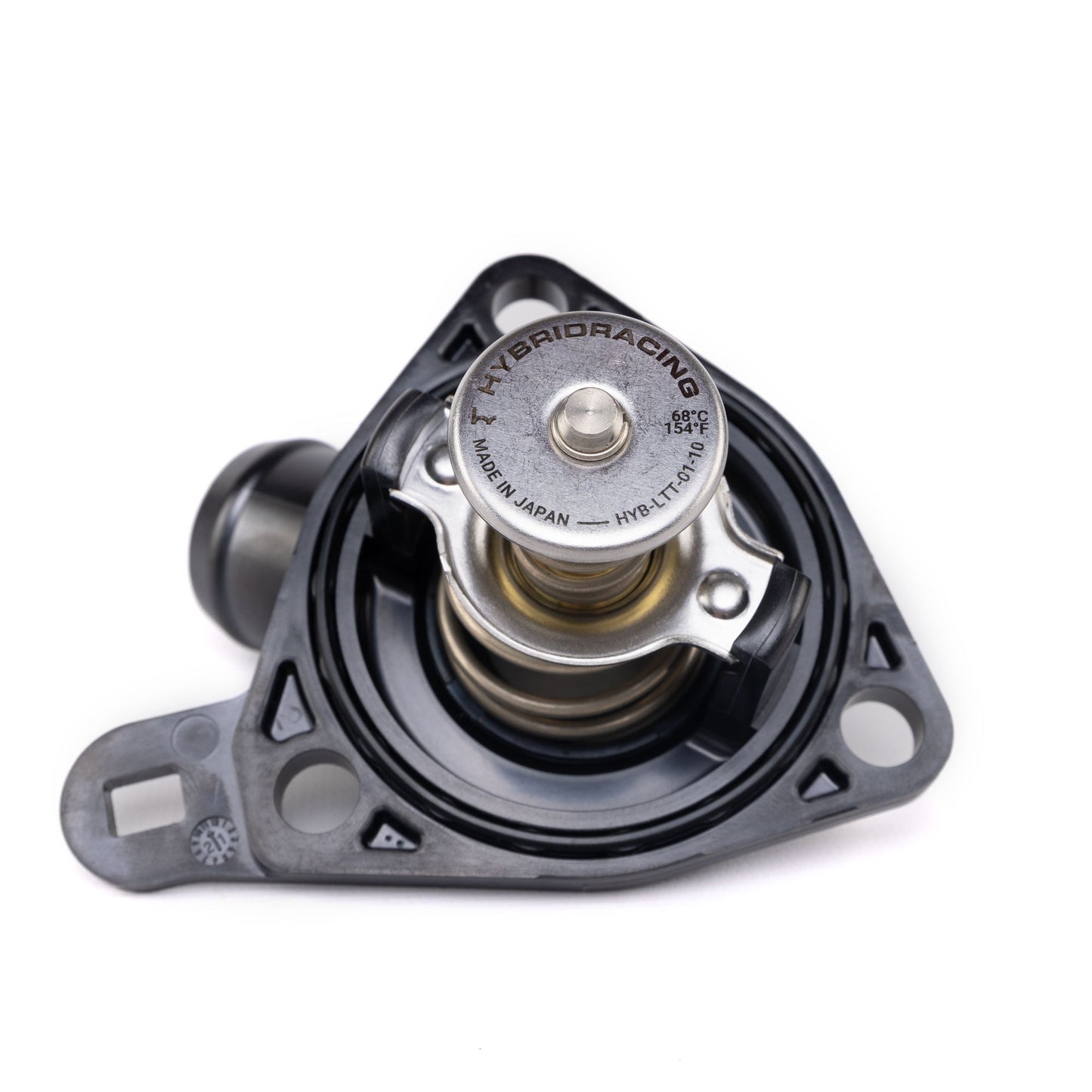
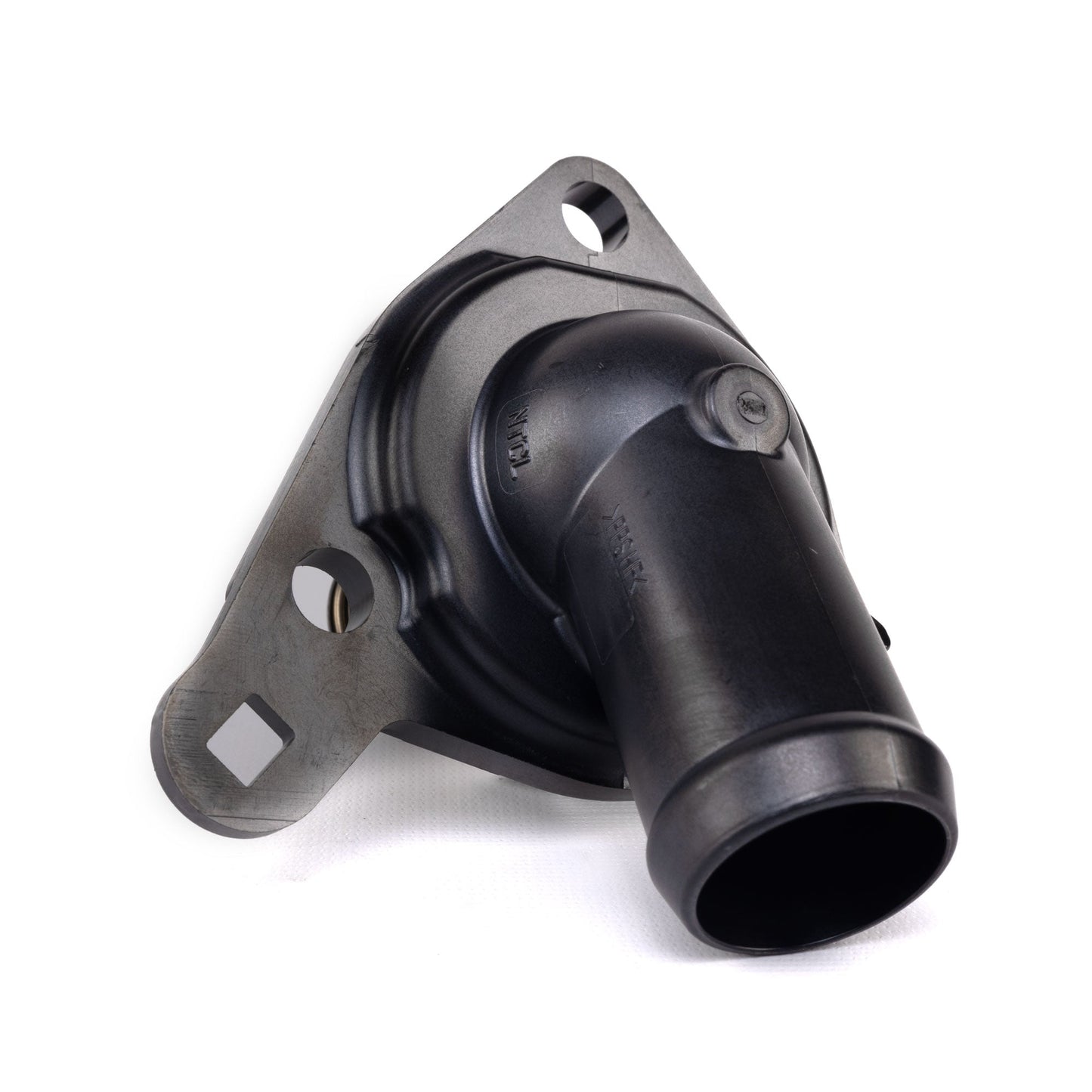
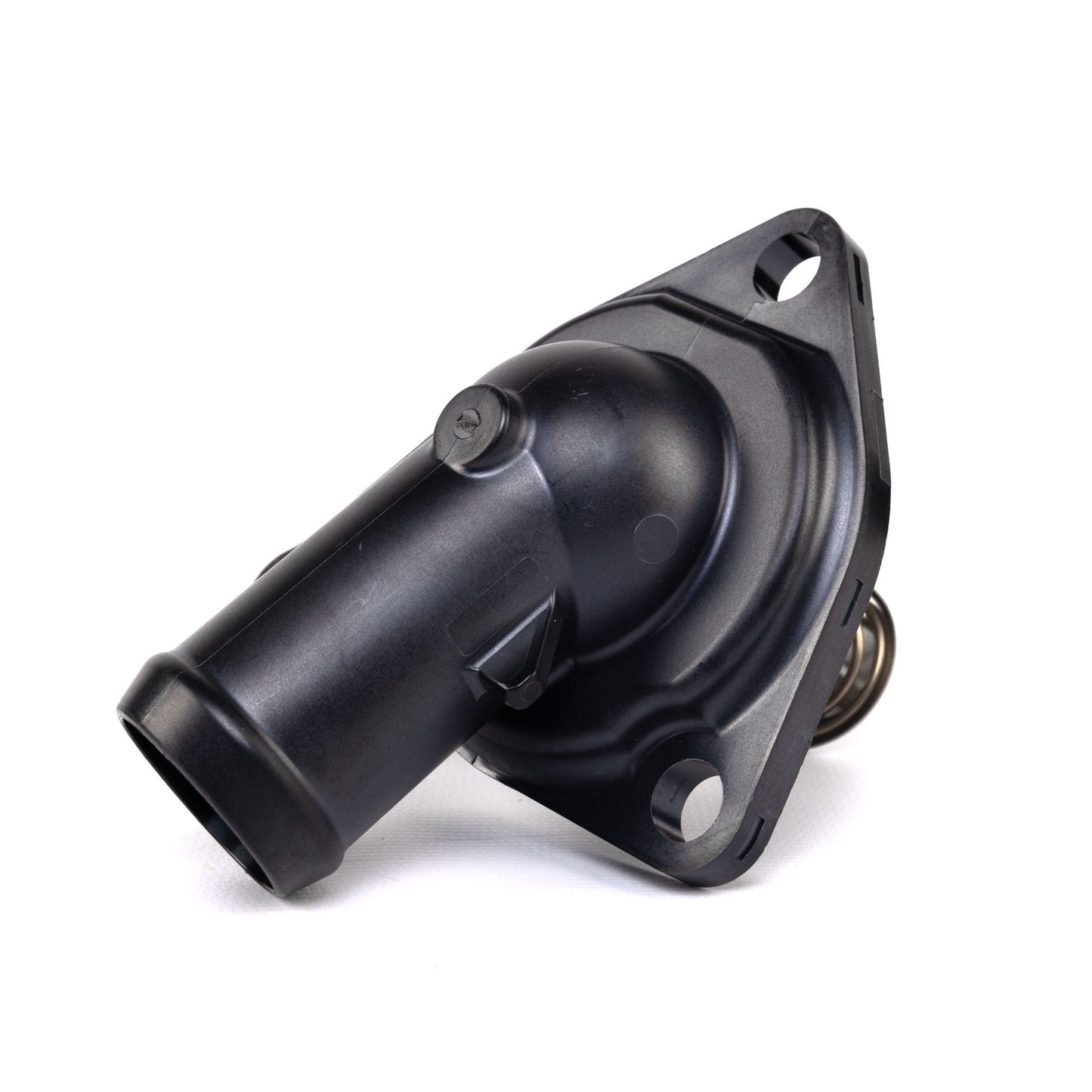
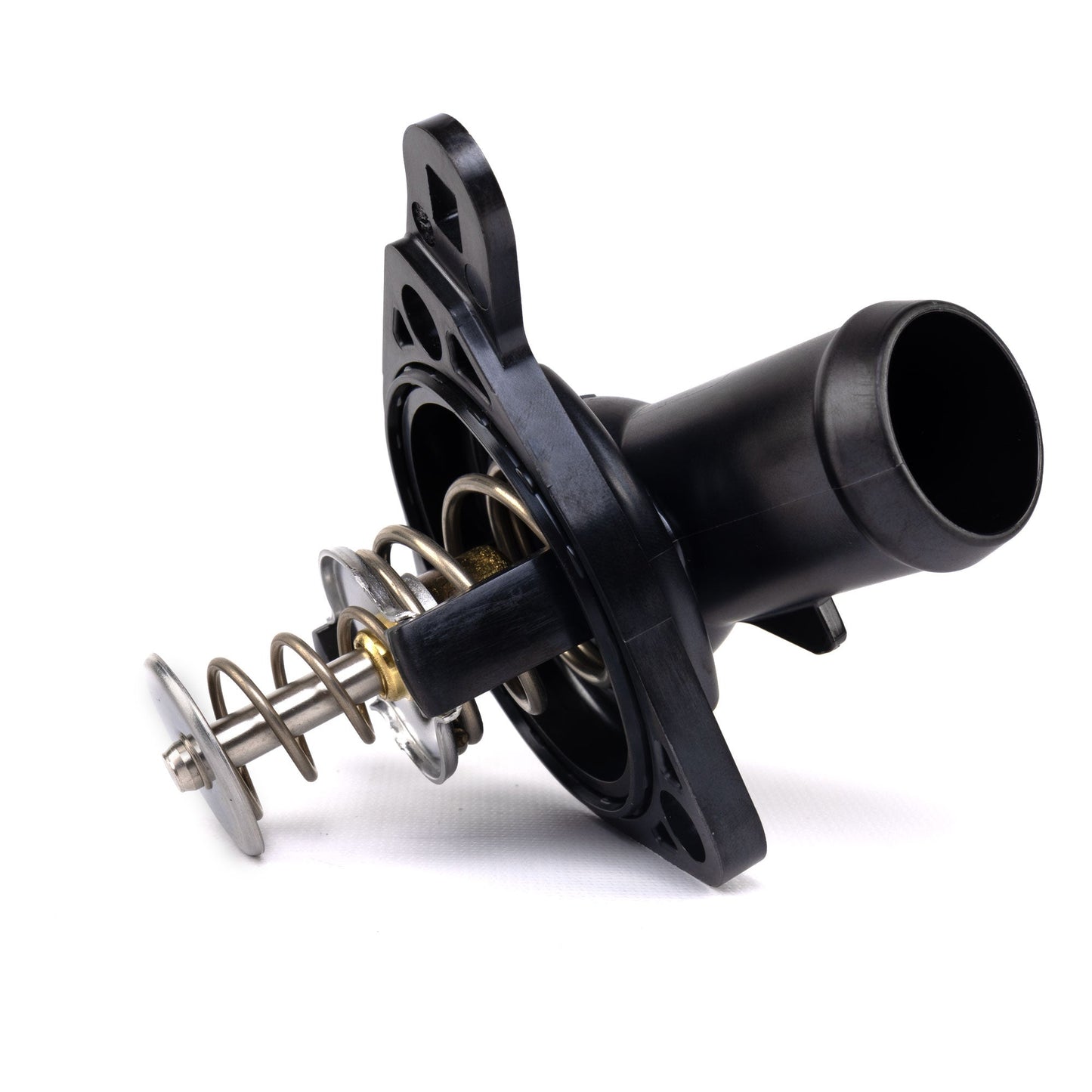
Have a question?
-
Authentic Brands
-
Fast Processing Time
-
Run by Enthusiasts
-
Small Business, big heart






